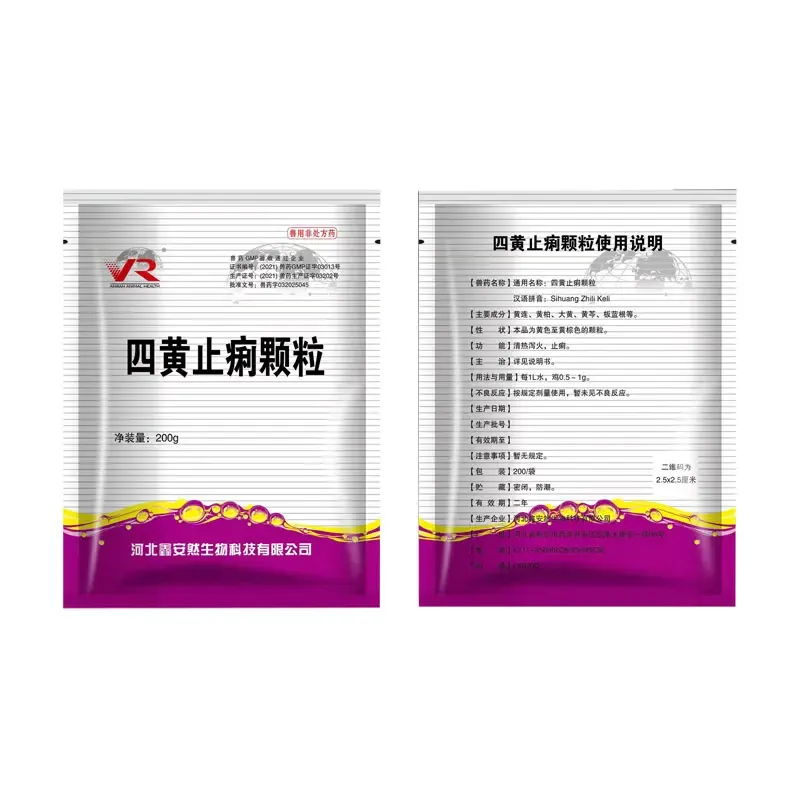- Afrikaans
- Albanian
- Amharic
- Arabic
- Armenian
- Azerbaijani
- Basque
- Belarusian
- Bengali
- Bosnian
- Bulgarian
- Catalan
- Cebuano
- Corsican
- Croatian
- Czech
- Danish
- Dutch
- English
- Esperanto
- Estonian
- Finnish
- French
- Frisian
- Galician
- Georgian
- German
- Greek
- Gujarati
- Haitian Creole
- hausa
- hawaiian
- Hebrew
- Hindi
- Miao
- Hungarian
- Icelandic
- igbo
- Indonesian
- irish
- Italian
- Japanese
- Javanese
- Kannada
- kazakh
- Khmer
- Rwandese
- Korean
- Kurdish
- Kyrgyz
- Lao
- Latin
- Latvian
- Lithuanian
- Luxembourgish
- Macedonian
- Malgashi
- Malay
- Malayalam
- Maltese
- Maori
- Marathi
- Mongolian
- Myanmar
- Nepali
- Norwegian
- Norwegian
- Occitan
- Pashto
- Persian
- Polish
- Portuguese
- Punjabi
- Romanian
- Russian
- Samoan
- Scottish Gaelic
- Serbian
- Sesotho
- Shona
- Sindhi
- Sinhala
- Slovak
- Slovenian
- Somali
- Spanish
- Sundanese
- Swahili
- Swedish
- Tagalog
- Tajik
- Tamil
- Tatar
- Telugu
- Thai
- Turkish
- Turkmen
- Ukrainian
- Urdu
- Uighur
- Uzbek
- Vietnamese
- Welsh
- Bantu
- Yiddish
- Yoruba
- Zulu
டிசம்பர் . 24, 2024 10:33 Back to list
doxycycline hyclate tablets
Doxycycline Hyclate Tablets An Overview
Doxycycline hyclate is a broad-spectrum antibiotic that belongs to the tetracycline class of medications. It is commonly used to treat a variety of bacterial infections, including respiratory tract infections, skin infections, and sexually transmitted infections. Doxycycline is also effective against certain types of parasites and is sometimes used in the treatment of acne. This article delves into the uses, mechanisms, benefits, side effects, and considerations for using doxycycline hyclate tablets.
Mechanism of Action
Doxycycline hyclate works by inhibiting bacterial protein synthesis. It achieves this by binding to the 30S ribosomal subunit of the bacteria, thereby preventing the addition of amino acids to growing peptide chains. As a result, the bacterial cells are unable to grow and reproduce, effectively controlling the infection. This mechanism of action makes doxycycline effective against a wide range of gram-positive and gram-negative bacteria, as well as atypical pathogens like Chlamydia and Mycoplasma.
Uses
Doxycycline hyclate tablets are prescribed for various infectious diseases. Some of the common uses include
1. Respiratory Infections It is often used to treat pneumonia and bronchitis caused by susceptible bacteria. 2. Skin Infections Doxycycline is effective in treating conditions such as acne and rosacea, which are often exacerbated by bacterial proliferation.
3. STIs The drug is used to treat sexually transmitted infections such as gonorrhea and syphilis.
4. Malaria In regions where malaria is prevalent, doxycycline is commonly prescribed as a prophylactic measure and as part of the treatment regimen.
5. Other Uses Doxycycline is also indicated for conditions like Lyme disease, anthrax (post-exposure), and certain types of waterborne infections.
Benefits
One of the major benefits of doxycycline hyclate tablets is their versatility. Due to its broad spectrum of activity, it can often be used as a first-line treatment for various infections without the need for extensive diagnostic testing. Additionally, doxycycline is typically well-tolerated, with manageable side effects compared to other antibiotics.
doxycycline hyclate tablets

Moreover, doxycycline has the added advantage of being delivered orally in tablet form, making it convenient for patients who may prefer not to receive intravenous treatments. It is also absorbed well in the gastrointestinal tract, providing effective serum concentrations when taken as prescribed.
Side Effects
Although generally well-tolerated, doxycycline hyclate can cause side effects. Common side effects include
- Nausea and vomiting - Diarrhea - Esophageal irritation (especially if not taken with enough water) - Photosensitivity, leading to an increased risk of sunburn
Serious side effects are rare but can occur. These may include severe allergic reactions, liver toxicity, and an increased risk of developing a secondary infection due to disruption of normal flora.
Patients should be informed about the potential for photosensitivity and advised to take precautions when spending time outdoors. It is also important for women who are pregnant or breastfeeding to consult their doctors, as tetracyclines are generally avoided during pregnancy due to potential risks to fetal development.
Considerations for Use
When prescribing doxycycline hyclate, healthcare providers take into account the patient's medical history, allergies, and the specific infection being treated. Doxycycline should be used with caution in patients who are taking medications that may interact, such as anticoagulants and certain antacids.
In addition, it is crucial for patients to complete the full course of treatment, even if symptoms improve before finishing the medication. This helps prevent antibiotic resistance, a growing global concern.
Conclusion
Doxycycline hyclate tablets represent a valuable option in the arsenal of antibiotics available to treat bacterial infections. Their effectiveness, versatility, and convenient dosing make them a popular choice among healthcare professionals. As with any medication, it is essential to use doxycycline responsibly, adhering to prescribed guidelines to maximize benefits and minimize risks. Always consult with a healthcare provider for personalized advice and information regarding antibiotic use.
-
Guide to Oxytetracycline Injection
NewsMar.27,2025
-
Guide to Colistin Sulphate
NewsMar.27,2025
-
Gentamicin Sulfate: Uses, Price, And Key Information
NewsMar.27,2025
-
Enrofloxacin Injection: Uses, Price, And Supplier Information
NewsMar.27,2025
-
Dexamethasone Sodium Phosphate Injection: Uses, Price, And Key Information
NewsMar.27,2025
-
Albendazole Tablet: Uses, Dosage, Cost, And Key Information
NewsMar.27,2025













